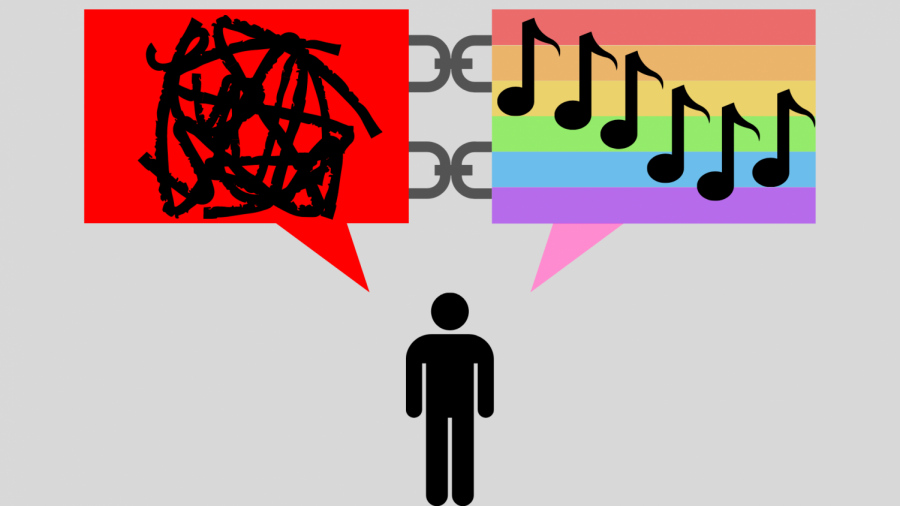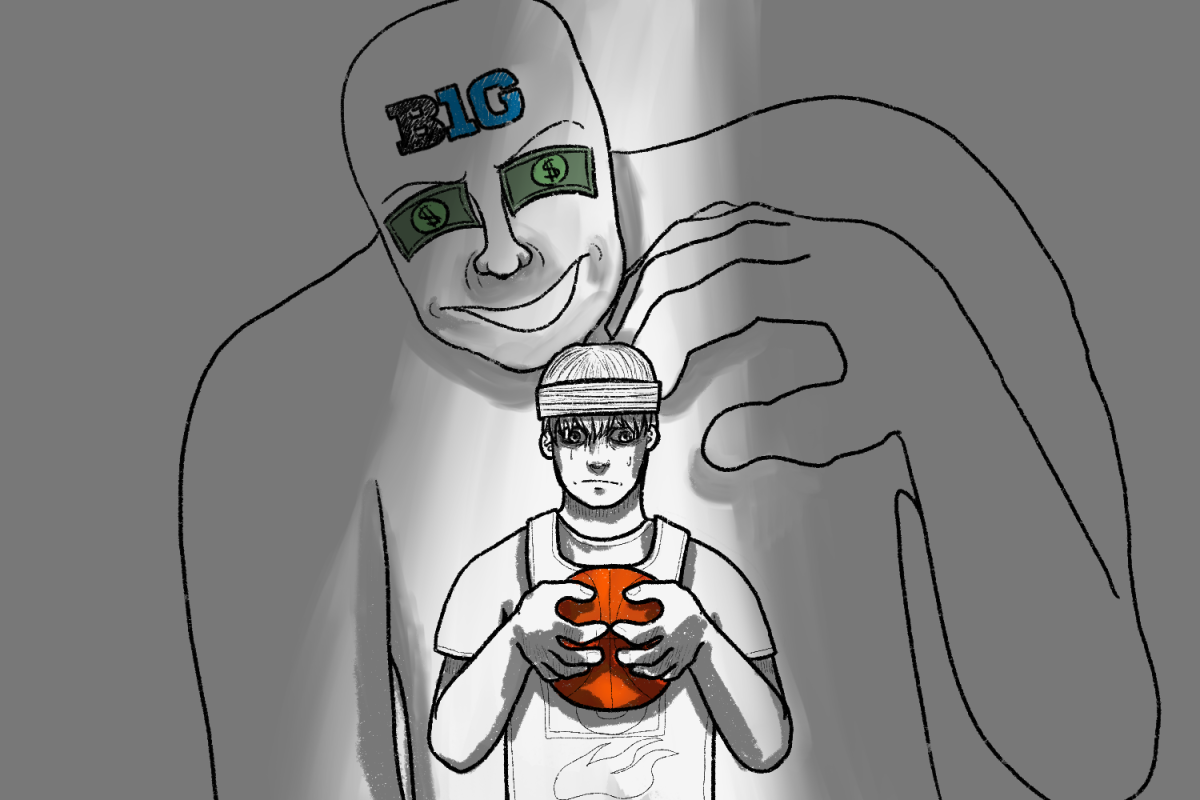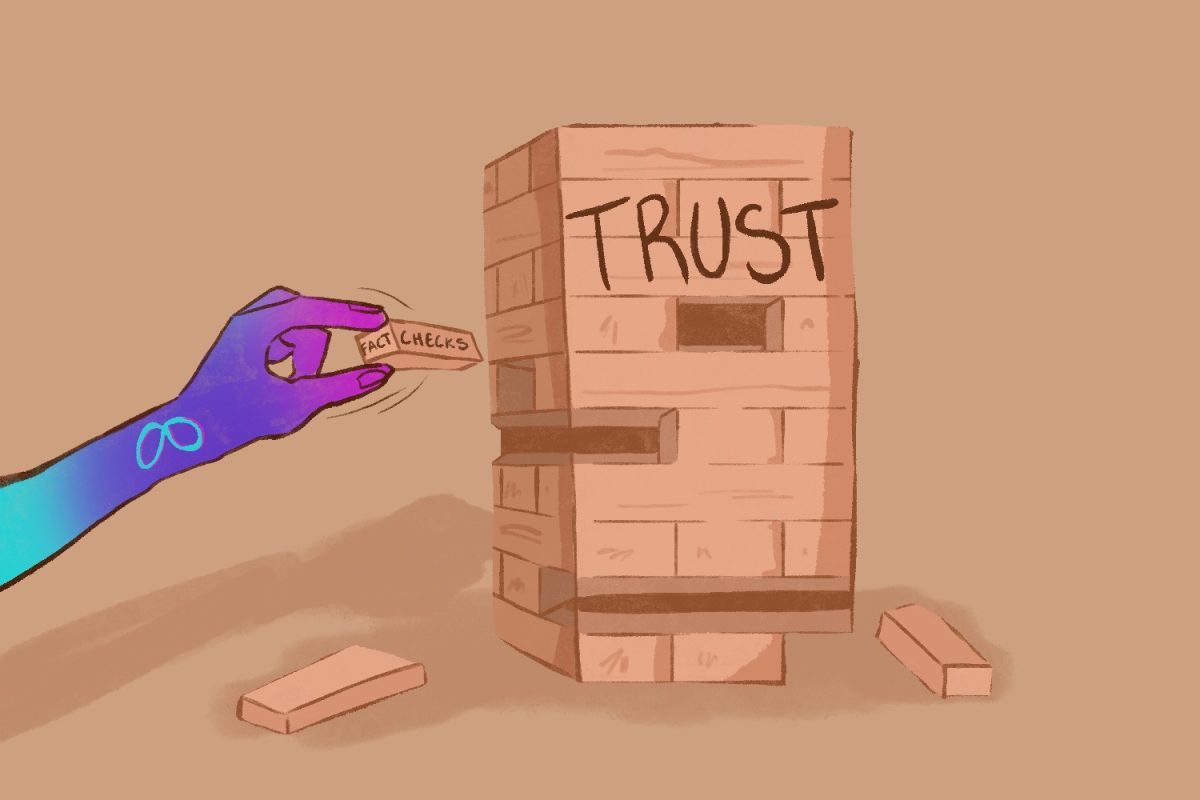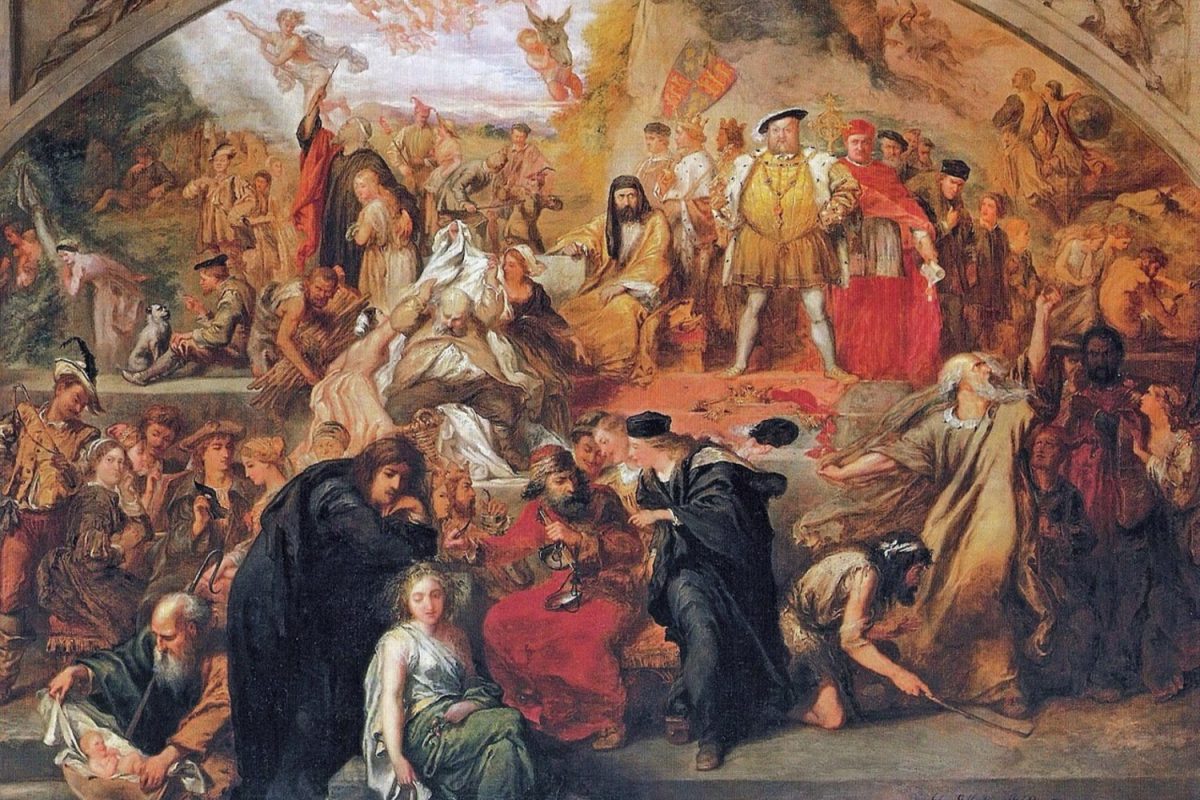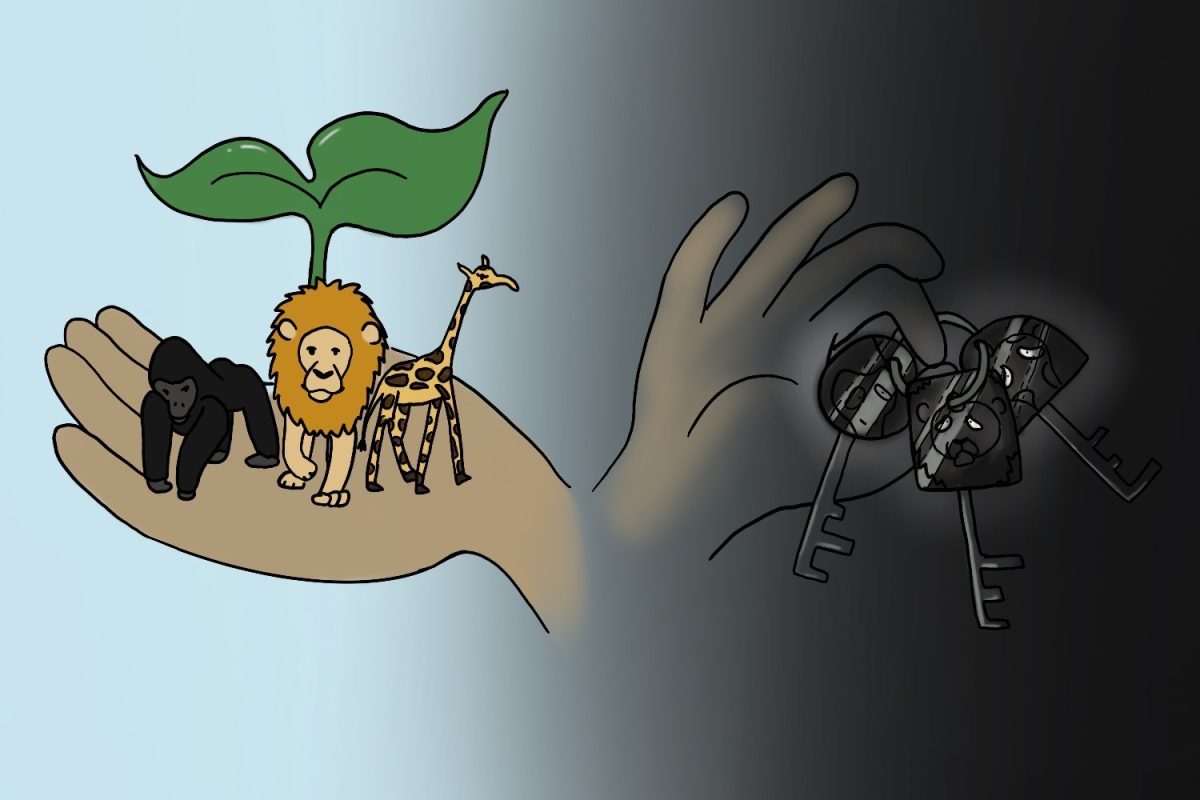It can be frustrating to learn that an influential person in society has become a bad example for others to follow. However, as people are discovering that some of their role models have said or done inexcusable things in the past, the question remains: If the person’s past actions have been deemed unacceptable, is their contribution to society still relevant?
This question resurfaced in September when J.K. Rowling, author of the “Harry Potter” series, published a new book under her pseudonym, Robert Galbraith. Titled “Troubled Blood,” the book centers around a male serial killer who dresses as a woman to hunt his victims. After it was published, critics accused Rowling of promoting transphobia yet again, since she faced backlash a few months prior for implying that menstruation defines womanhood. These controversies shocked Harry Potter fans, causing some to stop associating themselves with Harry Potter.
Another artist steeped in controversy is Brendon Urie, lead singer of the band Panic! At The Disco. Many consider him a role model for the LGBTQ community, but in the same interview where he came out as pansexual, he also stated that he kissed Ryan Ross, his former bandmate, without his consent. In March of 2020, Urie came further under fire for making seemingly racist comments on a Twitch stream; in August, two Twitter users accused him of sexually harassing them when they were underage. Many fans stopped listening to Panic! At The Disco because of Urie’s comments and others’ allegations against him.
Although their reputations are starting to sour, both Rowling and Urie created a strong community of fans through their art. Many saw them as role models and consumed their art as a way to escape from struggles in their lives. Now that these artists’ controversies have been exposed, fans feel conflicted, since the artists whose work helped them through life now seem immoral. Some have stopped affiliating themselves with the artists and their art altogether, while others still consume the art while denouncing the artist’s beliefs.
But can an artist truly be separated from their work? To answer that question, let’s take a look at “The Death of the Author,” an essay written by French philosopher Roland Barthes. In the essay, Barthes claims that readers must separate a work from its author in order to appreciate it for what it is. However, this claim falls short when we examine “Harry Potter;” fans have noticed several racist stereotypes within the series, such as the treatment of Cho Chang, the series’ only East Asian character. Stereotypes are part of one’s perspective of the world, and by including them, whether purposefully or not, Rowling reveals to readers how she views the world. Furthermore, with music, separation from the artist is impossible; Urie is singing to his audience, causing them to associate the subject matter of the songs with him. Therefore, an artist cannot be separated from their art since it reflects their personal opinions and experiences.
When artists create art, they often draw from their past and personal beliefs, making it impossible to separate them from their creation. If an artist believes in something immoral, their work reflects this position and exposes it to their audience. To denounce these views, we must separate ourselves from the work the artists have created.
*This editorial reflects the views of the Scot Scoop editorial board and was written by Elise Hsu.

